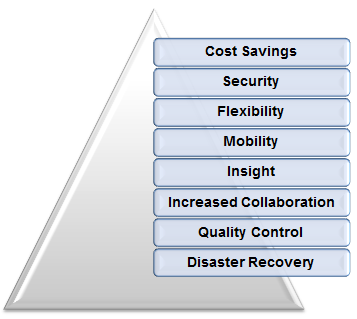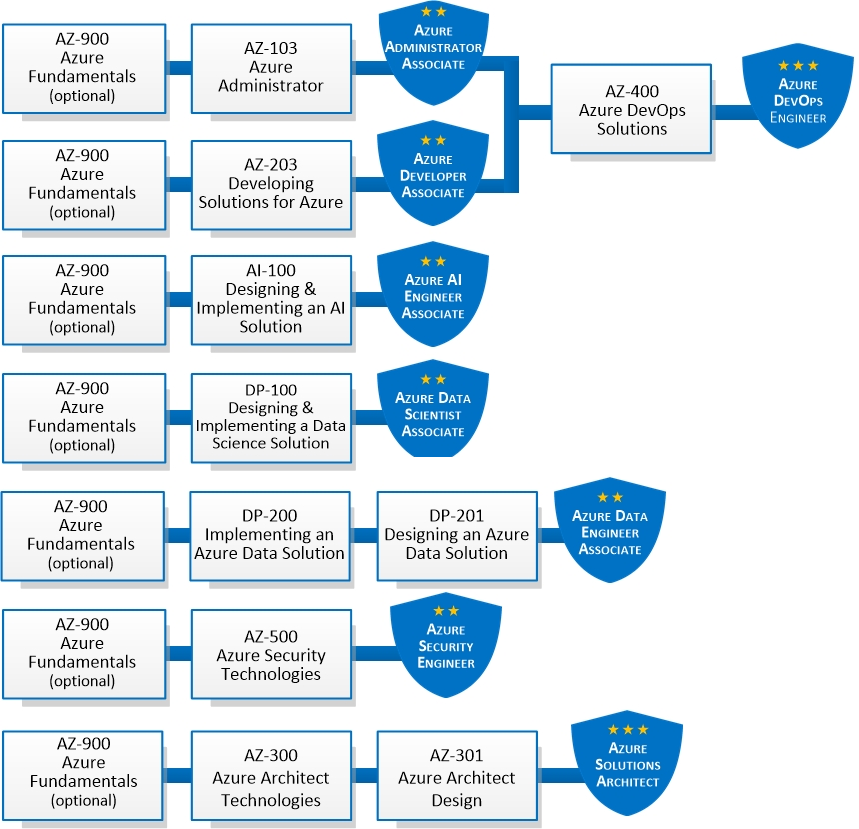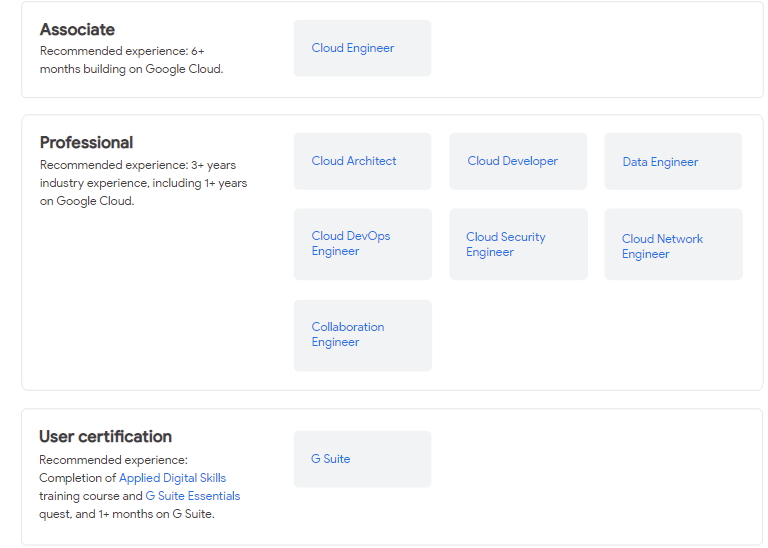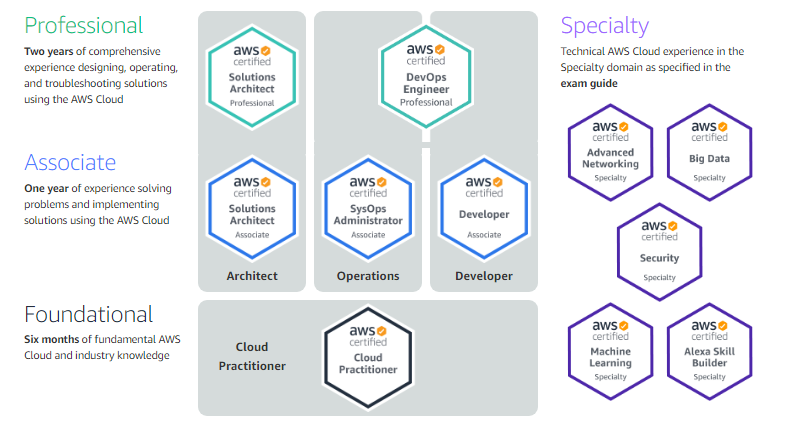Cloud Computing is rapidly covering every component of the information technology (IT) ecosystem from the past few years. According to a survey, almost 69% of the business is already using cloud technology. As a result, the business and industry leaders are getting many benefits from cloud computing in the year 2020. But more than that, they are using this technology to efficiently run their organizations. Thus, providing better customer service and notably increasing their overall profit margins.
However, the main question that arises here is, what are the changes cloud computing will have in 2020 or how it will help in evolving the business and organization. Related to this, in this article we will talk about every detail about the impact of cloud computing and other benefits. So, let’s get started with understanding cloud computing. Also learn about Cloud computing: Microsoft signs new discount Azure deal with UK government.
Cloud Computing: Overview
The cloud computing industry has shown massive growth considerably in 2019. Moreover, cloud-native computing has become the core of the IT industry. This includes top public cloud providers like AWS, Microsoft Azure, and Google Cloud Platform. Cloud Computing helps in increasing productivity as well as simplifying the many operations and processes in the IT sector. As a result, it has increased the importance of cloud computing even more in 2020 globally. With enhancing productivity, Cloud computing comes with many benefits to help evolve businesses and organizations. So, let’s understand the various benefits.
Benefits of Cloud Computing
Cloud computing has earned good popularity over the last few years. With the increase in the use of data in the 21st century, it is becoming difficult to store all information and programs. The solution to this problem is Cloud computing. As it will help you in providing access to all features and files of the system without having to keep the bulk of that system on the computers. To understand more, let’s know about some of the important advantages of the cloud,

Cost Savings
- Cloud Computing helps in saving time and money in project startups. Moreover, cloud-computing provides pay as you go services. And, the pay-as-you-go system also applies to the data storage space that is needed to service stakeholders and clients. In other words, you will get exactly as much space as you want.
Security
- Many organizations have security issues when it comes to protecting files, programs, and other data. So, Cloud hosts carefully monitor the security that is significantly more efficient than an organization that divides its efforts between IT concerns and security. According to RapidScale, 94% of businesses have shown good improvement in security after switching to the cloud.
Flexibility
- The cloud offers businesses more flexibility than hosting on a local server. However, iif extra bandwidth is required then, a cloud-based service can meet that demand instantly, rather than undergoing a complex update to your IT infrastructure. Moreover, this improved flexibility can make a significant difference to the overall efficiency of your organization.
Mobility
- Cloud computing provides mobile access to corporate data using smartphones and devices globally. Moreover, staff with busy schedules, or who live far away from the corporate office can use this feature to keep instantly up to date with clients and co-workers.
Insight
- Cloud-based storage solutions provide integrated cloud analytics to overview your data. However, with your information stored in the cloud, it is easy to implement tracking mechanisms and build customized reports for analyzing information. From those insights, efficiencies can be increased and action plans are built to meet organizational goals.
Increased Collaboration
- Collaborations play an important role as with these team members can easily view and share information with each other easily and securely across a cloud-based platform. However, some cloud-based services provide cooperative social spaces so that the employees can connect with each other across organizations.
Quality Control
- In a cloud-based system, documents are stored in a single format and in one place. However, with everyone having access to the same information, you can maintain consistency in data, avoid human error, and have a clear record of any revisions or updates.
Disaster Recovery
- There can be situations where downtime in services results in lost productivity, revenue, and reputations. Therefore, with having cloud service in your organization or business you will get big advantages for this. As cloud-based services provide fast data recovery for all kinds of situations or emergencies that can be natural disasters or power outages.
Now, we have gained a good understanding of cloud computing and its advantages. In the section, we will focus on how cloud computing is evolving with the latest trends of 2020 in the industry. You can also discover about How PaaS could drive sustainability into the PC market ?
Cloud Computing: Industrial Revolution 2020
The cloud-computing industry ecosystem is evolving rapidly, and the following trends are on the skyline in 2020:
- Firstly, Multi-clouds will favor the growth of specialized service providers. That is to say, in 2020, many enterprises will shift toward using specialized public clouds to run computing and storage. As it will help workloads to be better, faster, and more cost-effective than the larger cloud providers. This will offer commodity IaaS, competing in performance, price, versatility, functionality, and usability including Kubernetes, virtualized microservices, and other PaaS capabilities. Moreover, they even provide private and hybrid cloud deployments with high-performance data centers required to support cloud-computing workloads.
- Secondly, the various public cloud providers will containerize their apps and workloads for providing flexible multi-cloud deployment. The enterprises are trying to grow their range of tools for taking off workloads from existing public cloud deployments. Further, they move the workload as containerized microservices to on-premises environments and within complex cloud-to-edge service network.
- Lastly, the multi-cloud management platforms will become the new industry battlefront. Multi-cloud management tooling has become important when talking about the strategies of enterprises in public, private, and edge cloud resources into unified infrastructures. Moreover, in 2020, more cloud administrators will turn to Microsoft Azure Arc, IBM services for Multi-cloud Management, Google Cloud Anthos, Cisco Systems’ CloudCenter Suite, and troubleshooting of cloud microservices workloads.
In the next section, we will talk about the factors that will show a massive change in 2020 using cloud computing.
Top Services Upgradation 2020
With the use of cloud computing, the information moves quickly in the computing systems with attributes like virtualization to handle large workloads or automated security patching across thousands of machines. Moreover, public cloud computing, offered by companies like Amazon Web Services, Microsoft Azure, and my employer, Google Cloud, are still an efficient way for companies to store and process data. Thus, it is getting to pt everywhere for increasing resources and working faster. Cloud computing trends for 2020 can help in making the most of cloud computing for organizations and businesses. Below, you can see the latest trends that are showing good evolution in cloud computing.
Blockchain 
Blockchain is the evolving trend in cloud computing. The reason behind this is that due to the decentralized aspect of cloud computing, the blockchain has offered major opportunities in cloud development. As a result, a number of companies are attempting to do things that include bringing servers into the cloud and enabling better data analysis in the cloud. So, both cloud computing and blockchain together are a perfect fit. However, some of the biggest applications of blockchain for cloud computing are more often linked with securing data from third parties using cryptography. Most importantly, the blockchain applications are expanding in the other sector. And, this will result in improved functionality.
Quantum Computing 
Quantum computing comes under the list of top 2020 trends in cloud computing. Due to massive hardware developments, quantum computing will increase the efficiency of computers. Moreover, Quantum computing will allow computers and servers to process information at rapid rates compared to current standards. Further, which helps in increasing the value of cloud computing. The main reason for Quantum Computing to be in the trend is that it will help in faster processing of complex computations for processing large and complex datasets. Meanwhile, many popular companies like AWS, Microsoft Azure, IBM, and Google Cloud are working on quantum computing.
Algorithmic Systems 
Machine learning is a process in which algorithms are used by which computers measure their performance against a certain metric and perform their actions based on improving that metric. However, these algorithms can be quite complex and it has taken a while for developers to reach a reasonable level. Moreover, for the cloud, these algorithms are beneficial for ensuring stable network connections and preventing websites from crashing.
Most importantly, algorithms and machine learning advancement have helped in making cloud computing to become even better. In addition, it offers higher-quality user experiences and greater efficiency all around.
Automation 
The less human effort is in the latest trends in cloud computing for 2020. The name which is well known for this is Automation. For improving productivity, the cloud plays an important role. Similarly, automation with cloud computing level up the use of the same resources and with a reduction in errors. This helps in streaming services like Netflix which uses automation in cloud computing for the delivery. Moreover, automation is the service for developers for simplifying tasks during cloud migration, such as management of applications, data, and tasks.
Containers 
Containers are in the highlights amongst cloud computing. They help in dividing the application into smaller and easily manageable packages of code. Moreover, the pack of the code with software application helps in the effective functioning of the code without even depending on the host server. Containers also help in the insertion of the code, dependencies, and configurations of an application in a single package. Most importantly, predictions for 2020 states that the containers will form a part of almost 33% of the hybrid cloud workloads.
Hybrid Cloud 
Hybrid cloud provides the opportunity to use the functionalities of public and private clouds including the use of third-party tools. With the rise of hybrid cloud implementation, it will provide effective resource management with higher dynamism, scalability, and flexibility. Further, this will bring better opportunities for personalization. As a result, enterprises can now make on-demand, pay-per-use, and Software as a Service (SaaS) functionalities with only one solution. According to a survey, from the year 2018 to 2019, the hybrid cloud solutions have shown a rise in the adoption rate by 7%. Moreover, approximately 58% of enterprises have a hybrid cloud computing strategy which will increase more in 2020.
Cloud Effects on Product Design and Customer Experience
As with rapid improvement in cloud technology, it is becoming easier for companies to create products and services within the cloud, or model new products or marketing campaigns. However, the cloud is also a common store for the collection and analysis of new data. Moreover, it has shown an increase in the number of artificial intelligence operations, like image and speech recognition. In the same vein, startups are increasingly conceiving the goods and services largely as software-centric entities, from which data is continually derived. Related to this, one recent project built a tablet-based system for carrying out complex calculations in real-time. In contrast, the product which normally takes six months to a year to create was completed in 10 weeks.
Shifting to the Cloud Native Organizations
The way software is conceiving cloud computing may turn out to be as important as the physical infrastructure of the cloud. However, Cloud-native software approaches ease of use and low-impact alteration of components of any given software application. Massive applications are categorized into a series of microservices that can be modified with little effect on a running piece of software. This may lead to a way that it is possible to deploy and manage an application globally, from a single location. Here, Kubernetes comes under the picture. It is the most popular open-source software for managing such container usage that was developed inside Google to run the company’s many global applications.
Not to mention, Google now runs about 2 billion containers a week on its in-house version of Kubernetes. And, the managing of the Kubernetes is done by the Cloud Native Computing Foundation, which counts among its members Google Cloud, Microsoft, IBM, Oracle, and Amazon.
Top Cloud Computing Certifications 2020
If you want to stand out among the top-level competition in the job market then, achieving the cloud certifications is a great way to enhance yourself. Below we will talk about the top cloud certifications. Starting with Microsoft Azure.
Microsoft Azure Certifications 
Microsoft Azure Certifications will help you in developing a good cloud career with a level up with the world’s leading online learning platform. Moreover, Azure is one of the leading cloud platforms for modern business. And, it offers an open, enterprise-level, and flexible cloud computing platform with a combination of IaaS and Paas that helps enterprises to save money. However, to start your career in the cloud you can apply for Microsoft Azure Fundamentals (AZ-900) exam. Passing this exam will be the best way to start your career in cloud computing.

Google Cloud certification
These certifications examine your expertise and help you to show your ability to transform businesses with Google Cloud technology. Google Cloud’s certification program provides Google Cloud users, customers and partners a pathway to illustrate their technical skills in a particular job role or technology. Moreover, in this, the assessment of individuals is by using industry-standard methods to check whether they meet Google Cloud’s proficiency standards. However, Google provides associate-level certification that is Google Associate Cloud Engineer.

AWS Certification 
The AWS Certification examines cloud skills to help the professionals highlight in-demand abilities and organizations build effective, innovative teams for cloud initiatives using AWS. AWS provides certification exams by role and specialty designed to help individuals and teams to achieve their goals. Apply for the AWS Cloud Practitioner exam to enter the world of the cloud. Moreover, passing this certification will door for other advance level certifications.

Expert Corner 
Above you have learned and understood about the cloud computing trends 2020 and many other advancements. You will get a lot more to explore and grab many opportunities in this field. However, terms like artificial intelligence and machine learning have helped the cloud to improve the functionality. Based on these trends, cloud computing will show maximum growth with huge benefits in 2020. For cloud professionals, the year 2020 will open many doors for advancing your career. So, validate your skills and start your preparation journey towards cloud computing.
Learn and enhance your cloud computing skills. Become a Certified Cloud Professional Now!



